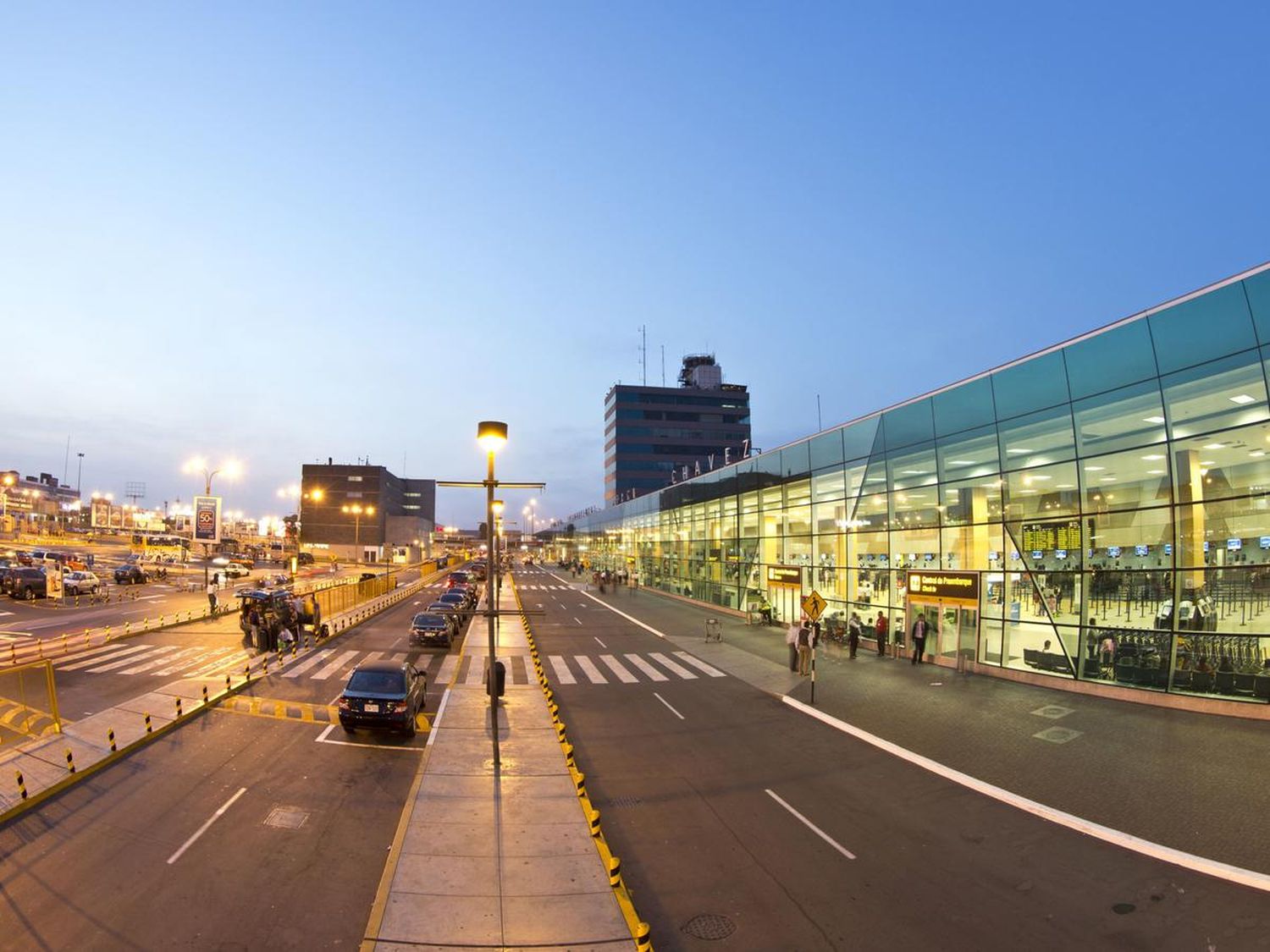Lima Airport Partners (LAP), Jorge Chávez International Airport’s concessioner, announced the implementation of the LIMFuel project, which consists of the construction of a new fuel plant.
LAP selected Exolum S.A. (formerly CLH Aviación) to design, build, operate and maintain the new aviation fuel system at the Jorge Chávez International Airport.
This project will be part of the airport expansion project planned by LAP.
This modern infrastructure will have an area of 51,000 square meters, almost 4 times larger than the current plant, which has 13,000 square meters.
The approximate investment will be more than $80 million in its first phase with the forecast of launching the new infrastructures in stages until 2041.
According to LAP, the pipelines network will have the capacity to go with the operational needs of the new passenger terminal and the current one until migrating to a single terminal.
The work to expand the plant’s capacity, the construction of a new hydrant network, and its connection to the current system have already begun. They are expected to be fully operational in 2025.
The infrastructure and location of the new fuel plant will have the necessary facilities to guarantee fuel reception conditions. Those will be done through tank trucks. In the future, it will count on dedicated pipelines, which would generate various benefits in the second stage.
Among the main benefits that the receipt of fuel by pipeline would bring are:
First, the traffic reduction near the airport. Hence this will eliminate the circulation of more than 100 tanker trucks per day.
On the other hand, the reduction of environmental pollution and emissions generated by tanker trucks and minimizing the possibility of accidents, spills, or fires on the streets.
Finally, it is expected that this project will increase the efficiency, safety, and reliability of the fuel supply chain to the airport.
This new fuel plant will position the Jorge Chávez International Airport as an air terminal with the best industry standards.
This project is in line with the industry trend that seeks to reduce emissions by progressively replacing the fleet with new technology aircraft.
In this way, Exolum is expected to work at the Jorge Chávez International Airport with SAF (Sustainable Aviation Fuel).
Thus, the main air terminal in Peru will have a fleet of specialized new technology equipment to achieve the reduction of CO2 emissions.


Comentarios
Para comentar, debés estar registrado
Por favor, iniciá sesión